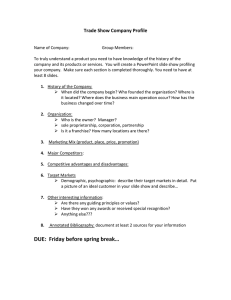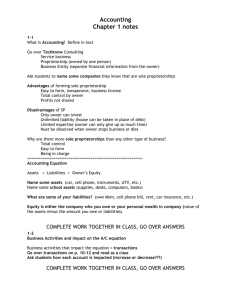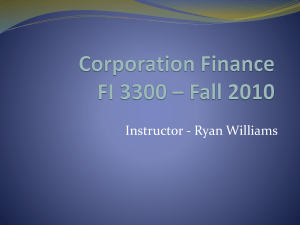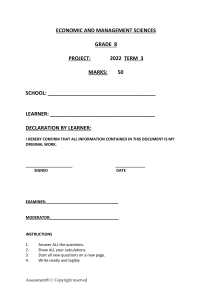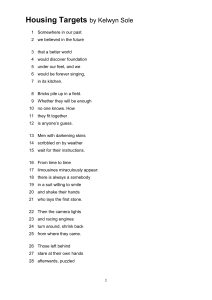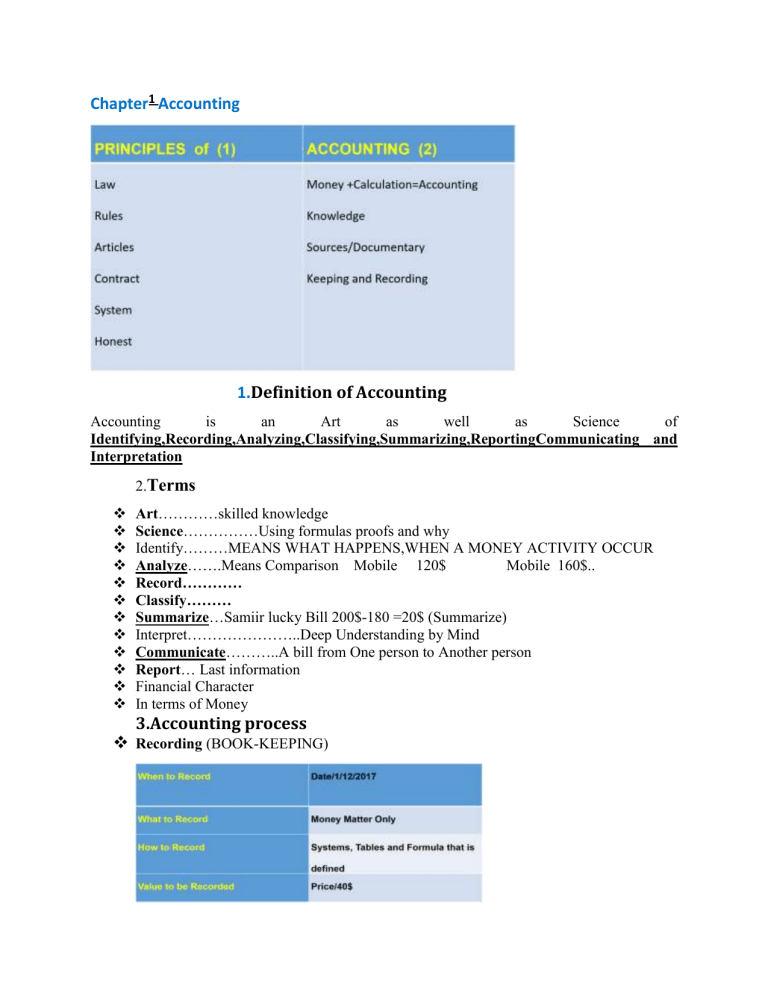
Chapter1 Accounting 1.Definition of Accounting Accounting is an Art as well as Science of Identifying,Recording,Analyzing,Classifying,Summarizing,ReportingCommunicating and Interpretation 2.Terms Art…………skilled knowledge Science……………Using formulas proofs and why Identify………MEANS WHAT HAPPENS,WHEN A MONEY ACTIVITY OCCUR Analyze…….Means Comparison Mobile 120$ Mobile 160$.. Record………… Classify……… Summarize…Samiir lucky Bill 200$-180 =20$ (Summarize) Interpret…………………..Deep Understanding by Mind Communicate………..A bill from One person to Another person Report… Last information Financial Character In terms of Money 3.Accounting process Recording (BOOK-KEEPING) Classifying Summarizing-(End of Calculation) Analyze Report 4.Define Business An activity with purpose of earning a profit(Money)(Accounting) 5.Legal Forms of Business Organization as public Sector private Sector form of ownership Public-Private Partnership Form 6.Forms of Business Organizations there are four forms of organizations for a business unit. Sole proprietorship (ownership by one individual) Partnership (ownership by two or more people) Company (ownership by the shareholders) Cooperative 7 Definition four form Sole proprietorship is owned by one individual. 70% of the world Advantage sole Easy in Organizing Low Cost of Organizing Dis _advantage sole Limited Source of Financial resource Unlimited liabilities Partnership is a business co- owned by two or more people/ not more than 7 people Advantage partnership More financial Resources than a proprietorship Additional management skills Dis_ Advantage partnership Un limited liabilities Cooperation is organized under state or federal statutes as a separate legal entity Advantage cooperation The ability to obtain large amounts of resources by issuing stocks Dis_ Advantage cooperation Double taxation Company a type of business organization that combines features of a cooperation and those of a partnership and sole 8.Difference Between Form and Operation Form of organization Sole trade Partner Cooperation Company Operation Service business Merchandize business Manufacturing 9.Service/Operational Business Service business: a commercial enterprise that provides work performed in an expert manner by an individual 9.Merchandize/Supplies/Goods Business A business that purchases goods produced by others and then sells them to customers to earn profit. 10.Manufacturing Business A business that produces a product to sell to its customers to earn profit. Raw Material are Processed and turned into Finished Goods 11.Business Strategies Under a low-cost strategy a business designs and produces products or service of acceptable quality at a cost lower than that of its competitors Under a differential strategy, a business designs and produces products or services that possess unique attributes or characteristics which customers are willing to pay a premium price. 12. Ethics in accounting Ethics are the Principles of Moral Conducts that guide the behavior of Individuals and Businesses. Business 12.Value Chain of A value Chain Is the way a business Adds value for its customers by processing Inputs, into Products, service and Output. 13.Users of Accounting Information/Business Stakeholders A business stakeholder is a person or entity having an interest in the economic Performance of the Business. 14.Generally Accepted Accounting Principles (GAAP) Generally accepted accounting principles are a set of standards and rules that are recognized as a general guide for financial reporting. 15.Cost Principles According to this Principle, An asset is recorded at its cost in the books of accounting 16.Dual Principles Under these concepts, every transaction has got two sides receiving the benefit, giving the benefit A Person( Customer) B Person(Owner) 17. going concern assumption Assumers that the enterprise will continue to operate 18.Implication Capital asset are recorded at cost instead of liquidation value
